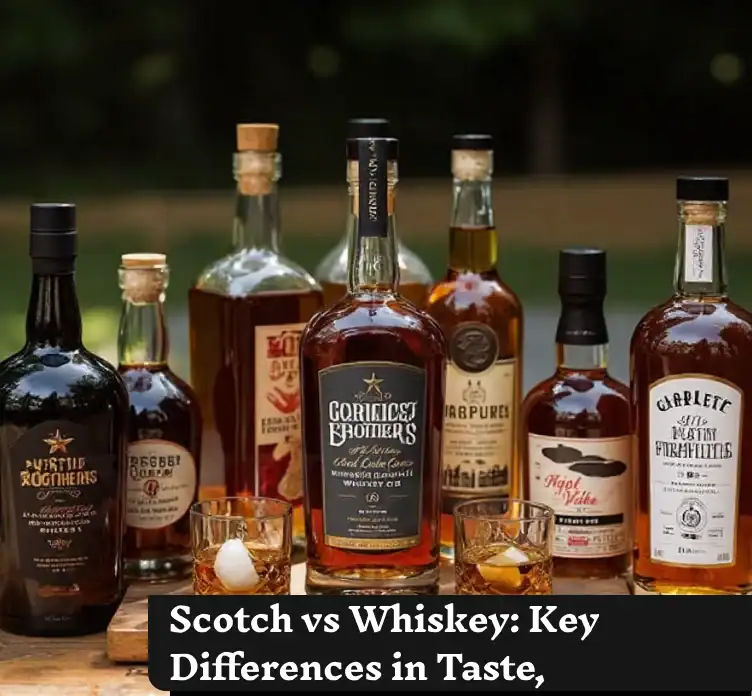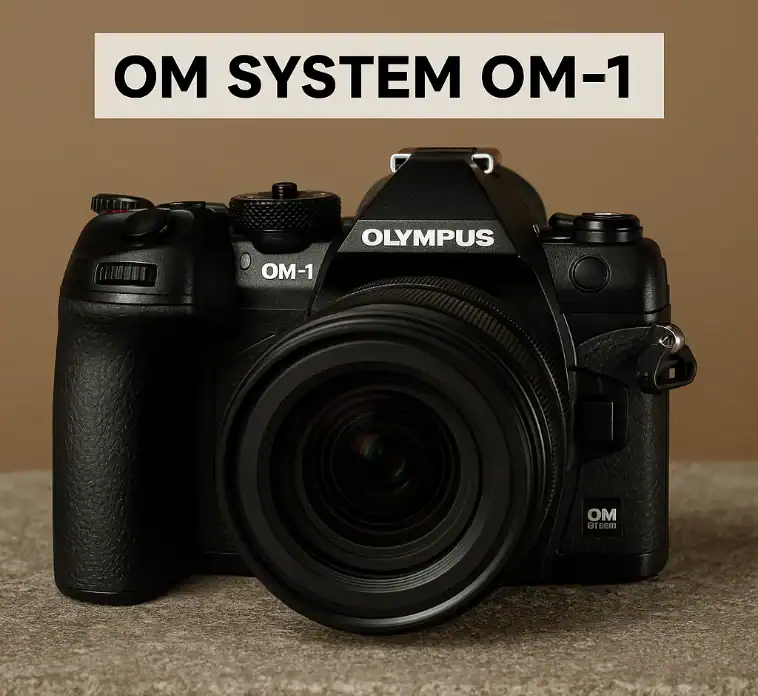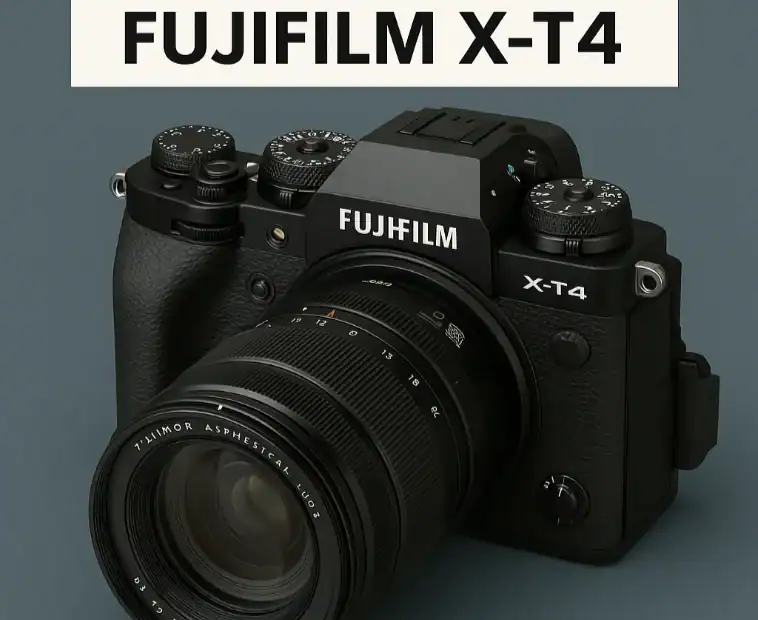Whisky vs. whisky: what’s the difference? This is a question that is ‘frequently asked’ by individuals who are new to the world of spirits. The answer is not simply black and white, though. It is also where deep-rooted history, traditions, and flavours are involved that call the shots! Whether you are drinking a peaty Islay Scotch or a sweet Kentucky bourbon, you need to know the disparities between them.
In this very ‘basic guideline’, we’ll explain the difference between Scotch and whisky, match them up with bourbon and Irish whisky, and guide you in choosing the best for your palate. Delve into the world of Scotch, whisky, and bourbon, full of flavour.
What is Whiskey?
Before we dive into the various types, allow me to ‘quickly explain the fundamentals’.
A distilled spirit made from fermented grain mash is called whisky (or whisky, depending on the country). Barley, corn, rye, and wheat are examples of ‘common grains’. The spirit is aged in barrels, usually made of oak, after distillation, giving it colour and flavour.
Why whisky vs whisky – what about the spelling?
- The spelling “whisky” is typically used in countries where the name contains an “E” (such as Ireland and the United States).
- Whereas “whisky” is normal in those without an “E” (such as Scotland, Japan, and Canada).
Therefore, when we refer to “Scotch whisky”, it is an accurate term from Scotland, not a mistake in the typing.
What is Scotch?
Scotch is a ‘specific’ kind of whisky that is only made in Scotland and is subjected to strict laws and traditions. If the location is not Scotland, it still can’t be called Scotch – none at all.
Scotch whisky can only be called the legal name provided it:
- Be distilled and matured in Scotland
- Age in oak casks for at least 3 years
- Have a minimum alcohol content of 40% ABV
Made from malted barley, most “Scotch whiskies develop their unique tastes depending on the Scottish area of manufacture.
Scotch vs Whiskey – What’s the Difference?
One form of whisky made just in Scotland is Scotch. Usually composed of malted barley’, it is aged in oak barrels for a minimum of three years. Whisky, on the other hand, is a more general category derived from a range of grains, such as corn, rye or wheat, in “various locations”, including the US, Ireland and Canada. Scotch and whisky differ from one another in the “most basic” of elements: the place and technique of ageing.
Difference Between Scotch and Bourbon
Bourbon is a type of whisky that is manufactured in the US and has a composition that is a majority of corn (at least 51%), and it is stored in new oak barrels that have been subjected to the ‘burning of charcoal’. This is why it has that smoky-sweet flavour. Though the process may be somewhat similar, Scotch is malted barley-based and aged in used barrels, which gives it a drier and spicier taste. If you will be comparing the difference between Scotch and bourbon, you will find that bourbon has a sweeter taste, but Scotch is more sophisticated and also has an earthy essence.
Difference Between Scotch and Irish Whiskey
When it comes to Scotch whisky, this is something that is usually distilled twice and may be quite smoky if the so-called peat is involved. Contemporarily, Irish whisky goes through a triple distillation process that yields a pure and light liquid. Though the processes of both types of whisky involve the use of used barrels, with the use of different ingredients, the habit has become different. Simply put, what makes the difference is the taste and process of distillation between Scotch and Irish whisky.
Scotch vs Whiskey vs Bourbon
Immature barley is the base of malt whisky from Scotland, and, therefore, the types are labelled as Scotch. Whisky is the general name given to grain-based spirits that are ‘aged in barrels’, while bourbon is a kind of whisky primarily made from maize in America. When you want to make a comparison of Scotch, whisky and bourbon, you can ask the questions, Where do they come from? Which grains are used? And how do they taste? It’s that easy.
Types of Scotch Whisky
Scotch is available in multiple forms and not just one:
1. Single Malt
- Made with only malted barley
- From one distillery only
- Has an intense, complex taste
- Examples: Glenfiddich, Glenlivet
2. Blended Malt
- Marriage of single malts from different distilleries
- Without grain whisky
3. Single Grain
- Produced at a single distillery
- It combines other grains (wheat, corn, etc.)
- Soft, less strong flavor
4. Blended Grain
- A mix of single-grain whiskies from different distilleries
- Scarcely occurring, fairly light-bodied
5. Blended Scotch
- Blend of the single malt and single grain whiskies
- Most usual kind (e.g., Johnnie Walker, Dewar’s)
What Does Scotch Taste Like?
The flavour of Scotch can be quite dissimilar based on where and what sort it is, but usual flavours are as follows:
- Smoky (especially Islay Scotch)
- Caramel
- Vanilla
- Oak
- Spice
“If someone says, ‘Scotch vs whisky, what’s the difference in taste?’, remember:
- Scotch is ‘often smokier’, drier, and richer.
- Other whiskies, like bourbon, are often sweeter and smoother.
Scotch Regions and Their Flavours
There are five major Scotch regions, with each having its flavour profiles that are entirely separate from each other:
1. Speyside
- The region has more than half of Scotland’s distilleries
- The flavours are fruity, sweet, and honeyed
- For example: Macallan, Glenlivet
2. Highlands
- Flavours can range from light to smoky
- On occasion, salty due to the coastal air
3. Islay
- Famed for strongly peated, smoky whiskies
- Picture of bands like Laphroaig, Ardbeg, Lagavulin
4. Lowlands
- Gentle, floral, often as yet unpeated
- Suitable for those who are starting out
5. Campbeltown
- Briny, coastal flavours sutured with a trace of smoke and toffee
Whisky vs Whiskey – Quick Recap
- Whisky = Scotland, Japan, Canada
- Whiskey = the United States, Ireland
- They are both the same
Scotch vs Whiskey vs Bourbon: Which Should You Choose?
It really depends on what you like:
- If your preferences include smoky, rich, and ‘complex flavours’, then try Scotch.
- If you are a fan of sweet, smooth, and vanilla-forward tastes, then a Bourbon is a better choice for you.
- To get a clean, smooth, and gentle sip, try Irish whisky.
The difference between Scotch and whisky is only about the flavour, cereals, region, and the maker (Larson, James, 2020).
- 7 Surprising Health Benefits of Barley You Need to Know
- Michelob Ultra Review: Taste, Calories & Is It Worth It?
Final Thoughts: What’s the Difference Between Scotch and Whiskey?
- Review on YouTube: real difference between scotch, whiskey, and bourbon
So, in summary:
- Scotch is a type of whisky from Scotland made primarily from malted barley and aged for a minimum of three years.
- Whisky, in general, refers to grain spirits produced globally.
- The distinctions between Scotch, whisky, and bourbon are ‘all about the ingredients’, the location, the ageing, and the taste.

















